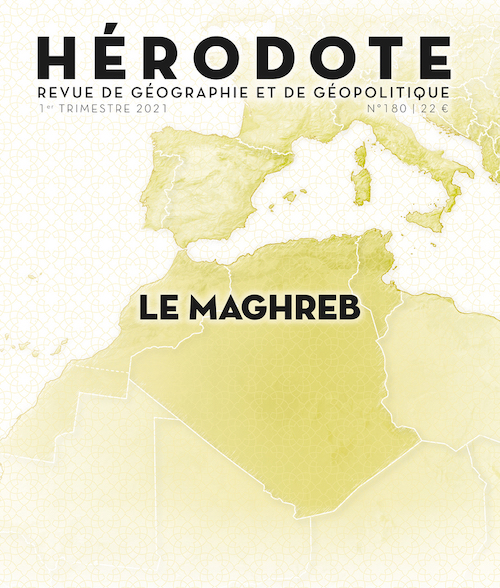Le Maghreb assiégé par la crise du coronavirus
par Pierre Vermeren
Résumé :
Le Maghreb est entré dans la crise de la Covid-19 en état de faiblesse politique et économique ; le Hirak algérien était encore en cours. À la mi-mars 2020, le Maghreb s’est coupé du monde. Le virus a tardé à se diffuser au Maghreb pour demeurer à un très faible niveau jusqu’à l’été ; pourtant, la gestion sécuritaire de la crise a été si musclée qu’elle a contribué à étouffer les débats politiques, Tunisie exceptée. Un à un, les moteurs de la croissance économique se sont arrêtés. En 2020, le Maghreb central traverse une crise économique inédite, car la crise pétrolière, la sécheresse, la fermeture des frontières et l’arrêt ou la réduction drastique des flux commerciaux, humains et financiers se cumulent. Alors que le Maghreb redémarrait, la crise a rebondi de manière un peu plus forte à la rentrée, intensifiant le contrôle sanitaire et politique. Or, ces États n’ont pas les moyens de protéger sanitairement leur population, ni d’affronter seuls la crise qui vient. Plus que jamais, un nouveau partenariat de reconstruction économique avec l’Europe paraît devoir s’imposer.
Abstract : The Maghreb besieged by the Covid-19 crisis
The Maghreb entered the Covid-19 crisis in a state of political and economic weakness ; the Algerian Hirak was still in progress. In mid-March 2020, the Maghreb cut itself off from the world. The virus was slow to spread in the Maghreb to remain at a very low level until the summer ; however, the security management of the crisis was so muscular that it helped to stifle political debates, Tunisia excepted. One by one, the engines of economic growth have stopped. In 2020, the central Maghreb is going through an unprecedented economic crisis, as the oil crisis, the drought, the closure of borders and the stopping or drastic reduction of trade, human and financial flows are cumulative. As the Maghreb restarted, the crisis rebounded a little more strongly in September, intensifying health and political control. However, these states do not have the means to protect their populations from a health standpoint, nor to face the coming crisis on their own. More than ever, a new partnership for economic reconstruction with Europe seems to be needed.
Tweeter cet article Suivre @RevueHerodote sur Twitter









